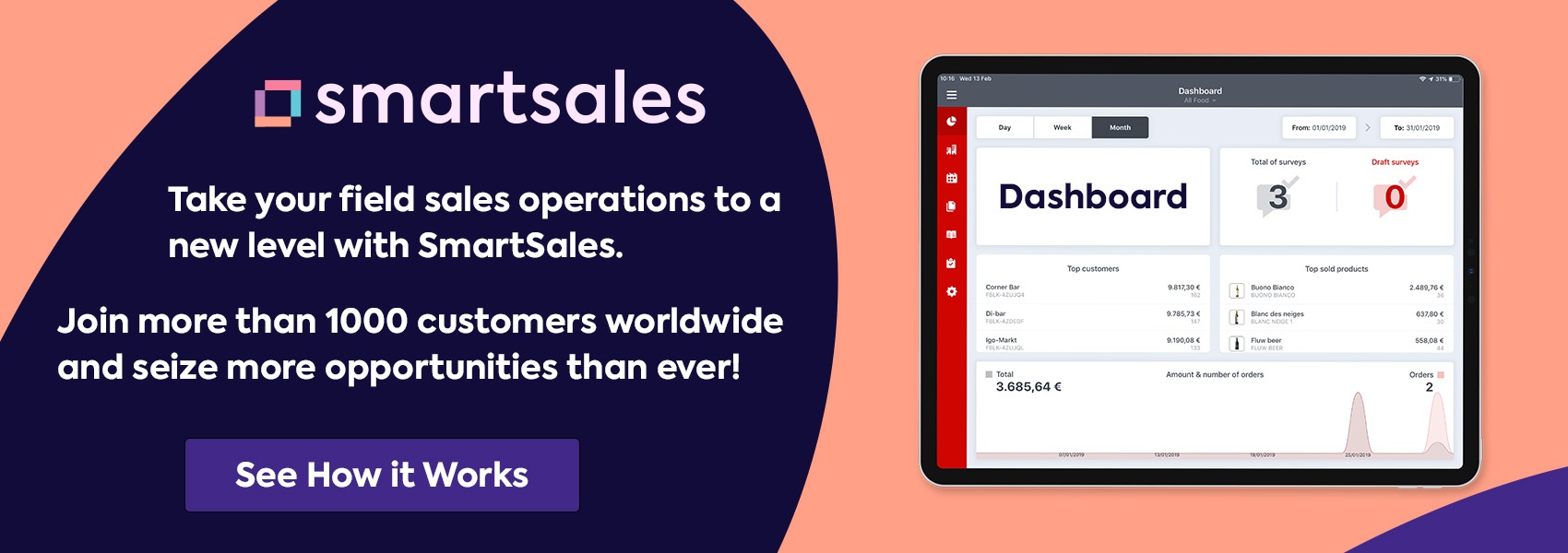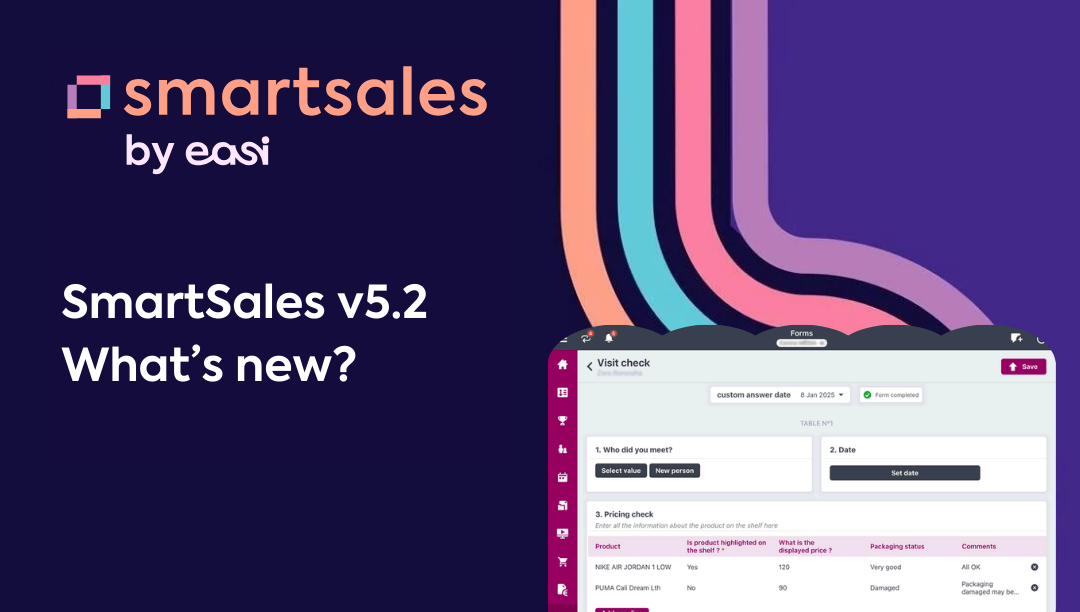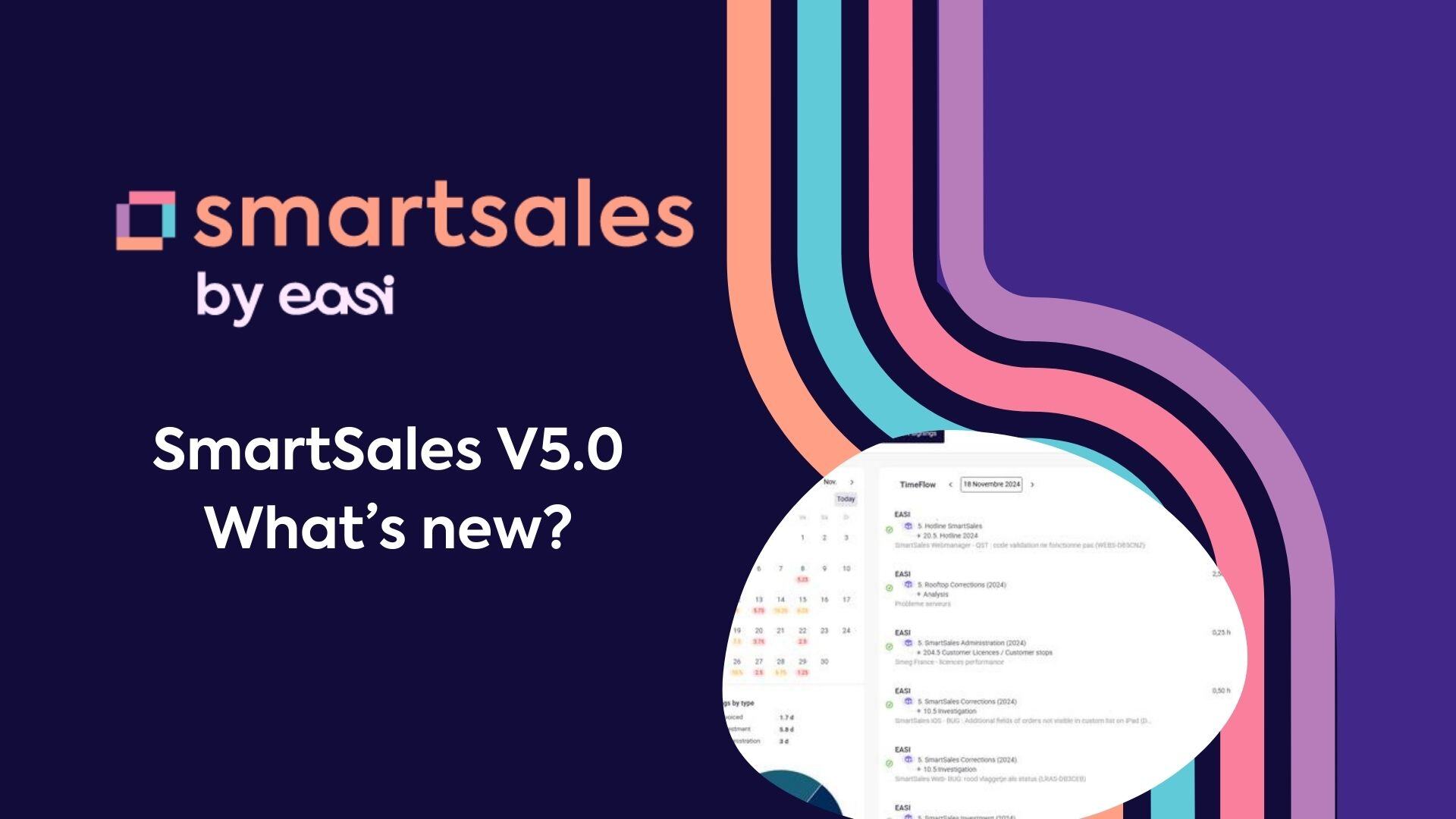In today's business world, data is everything. Sales is no exception.
What hurts is that sales teams handle a lot of data, which never gets exploited. In some cases, it is, at best, entered into the system.
They may think they know what their customers want, but they could be wrong. They may think they're the best in their industry, but data could show that there's room for improvement.
Sales is a field where human-to-human contact is central. People tend to act on gut feeling. And that’s good.
But data can provide crucially insightful perspective. And combining it with the human factor can make it all the more powerful.
And in a general way, without data, it's impossible to track progress and understand what's working and what isn't. Teams that use data to guide their decision-making are more likely to achieve their goals and reach their full potential.
So if you're not using data already, it's time to get on board. Your competition is already ahead of you.
1. Before the sale
There’s a lot you can do to help your team succeed before they start reaching out to prospects.
Using data in the right way can help set targets and KPIs that are going to be crucial throughout your sales process.
Identify your best targets to better guide your sales
By understanding how much a potential customer buys, how large of a company they are, and what their needs are, sales teams can more easily sell to them.
Additionally, data can help sales teams understand what products or services are most likely to be popular with potential customers, allowing them to focus their selling efforts on those products or services.
As a manager with limited resources, would you rather cultivate relationships with small customers to expand your relationship, or would you rather focus on the large ones in order to keep their accounts?
By using the right data, you can determine the right course of action.
You can identify the right accounts, understand their needs, and more easily reach your targets.
Set up relevant KPIs
As a manager, do you only want to know about your team’s sales numbers? Or do you also want to make sure that they’ve visited the right prospects? Or that they’ve collected the right type of information in order to move forward?
Sales performance is more than numbers. As such assessing a salesperson purely based on their targets won’t give you the best results.
You can end up wasting great potential by not looking in the right places.
By adding a bit more depth, you’re setting yourself up for success.
KPIs should be ambitious, attainable, and representative of your rep’s skills. They should also tell you whether your rep is aligned with your strategy.
2. During the sale
While your team is hitting the phones, the road, data is still your best friend.
Provide the right information
Business intelligence and Excel are great. They provide you with tons of information. Sometimes way too much. But it’s a real pain to use when you are on the road. Have you ever tried to consult Power BI or an Excel file on a tablet? Well, trust me, don’t try.
With the right experience, you’ll be able to determine precisely what your team needs. It’s all about finding out what pieces of data matter the most. From there, you can make sure your team always has access to exactly what they need in order to proceed with their appointments.
Usually, depending on the industry, this is what they’re going to need:
- Key points of the last meeting
- Evolution of the customer’s revenue
- Conversion rates: How many times did you succeed in making a sale?
- Average ordering basket: what’s the size of the deal ?
- Product purchase information: what do they love to buy? Do you miss any top-selling product? What did they used to buy but don’t anymore.
Once you know what they need, make sure they can access it easily without having to take a deep dive in complex records.
Alignment and coaching
Being a sales manager isn’t just about doing a kickoff meeting and meeting back with your team at the end of the quarter. You need to make sure everyone is aligned on the strategy and provide guidance.
For instance, if you’ve decided to focus on smaller size clients, field data will show you that your sales reps are sticking to the strategy.
Field data allows you to keep track of your team’s performance in real time. You know how many people they’ve called or visited on a given day, what results they’ve obtained, and even what they’ve discussed.
It’s not about micro-managing, it’s about determining what works and what doesn’t. Your reps could, for example, have access to those reports, and be able to exchange information.
- Senior : make sure they align on today’s vision
- Junior : guide them on what is required to talk about
Thanks to structured data, they can be sure to go to the right people and ask the right questions.
3. After the sale
After a campaign is over or a sale is closed, the data you’ve collected will help take the right decisions moving forward.
How easy would it be to just know at a glance what works and what doesn’t? To know what went wrong for one of your reps that your other reps should avoid?
Using data doesn’t only work from a top-down perspective. It’s also useful to share and apply throughout your sales team.
Where to next?
Data and Big Data aren’t just buzzwords. They’re crucial assets when it comes to optimizing your sales process.
Sales teams need to be able to use data in order to make informed decisions about their target market, their competition, and their own performance. Otherwise, sales teams are flying blind.
Data allows you to:
- Identify your best targets: By using historical data, you can best find out who is more likely to buy, who’s more likely to stop working with you, and where to best allocate your resources.
- Set KPIs: When you have more than sales numbers at your disposal, you can start evaluating sales performance in a deeper way and make sure your reps align with your strategy.
- Be more efficient: When your sales team has easy access to right data points, they can use that to guide the process. Having too little or too much data gets in the way of that.
- Keep track: With the right data at your disposal at any time, you can make sure that your team is aligned with the strategy.
- Make decisions: Having easy access to the relevant sales data allows you review what’s been done and how to move forward from there.
That being said, moving from having no data infrastructure to having one is only the first step.
With machine learning and artificial intelligence, the gathering of sales data will take a completely new meaning. And it could change the way we sell (and buy) altogether.
The main shift we can expect is that computers will be able to analyze the data for us, in ways that we can’t. They will determine where the most value is and the best way to get there.
In the same way that Netflix - usually- knows exactly what to suggest to you, your data system might tell your reps exactly who to get in touch with and what to sell them.
This would have tremendous impact on revenue and on the way sales management is done.
Are you already leveraging your data?






